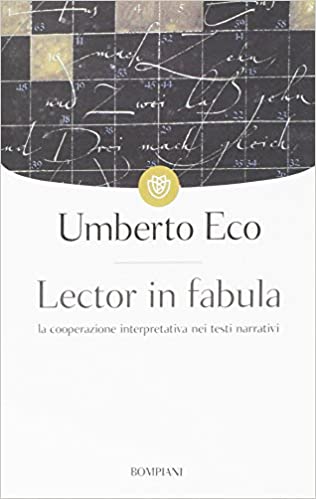The world of artificial intelligence (AI) is rapidly advancing, and recently AI has been used to create impressive works of art, such as realistic pictures or newspaper articles. This has sparked a lot of discussion on the possibility for AI to be truly creative (see this article by Forbes for an overview), with proponent emphasizing the beauty of what a machine can produce and detractors that reminds us that those results are nothing else but random and soulless computational operations.
Our view on AI and creativity depends very much on how we define creativity in the first place. Is creativity simply a phenomenon whereby something new and valuable is formed? Or is it the ability to use original and unusual ideas? Or rather is it something which must be the result of a conscious act? Giving a definitive answer to this question is particularly difficult and any position would be rather controversial. Incidentally, the increasing abilities of AI tend to change the definition of creativity itself (see this article). For the sake of simplicity, let’s stick with our individual intuition about what creativity is. Just make a short pause and ask yourself what creativity means to you. Try to be the most concise and concrete possible (I assure you, it is not an easy task).
Whatever your personal answer, one thing is almost certain: if you’re asked whether you would recognize a machine as an entity capable of making truly creative products, the answer will likely be no. This is especially true if the form of creativity is poetry, a type of literature that uses creatively language to express feelings, ideas and stories. Poetry, in fact, is one of the most intimate and personal forms of expression that humans have ever developed. Something a machine can not be able to produce.
The latest language models, for example text-davinci-003, are however capable of generating what we would formally define as poetry, even using rhyme. For example, the following is a poem about the inner struggles of an interpreter who loved both languages and AI.

While this reads surely neither like Dante or Shakespeare, it strikes that a machine is able to create a text that combines some metrics, a plot, and even some interesting uses of word combinations.
Of note is the language model’s ability to receive a natural language prompt describing the properties of the texts it is designed to produce. If we do not like the model to use some stereotypes, such as the word “he” in combination with AI (gender bias), it is possible to ask the language model to produce a poem in a gender-neutral form, as in next example:

Formally, the results created by AI tend to be formulaic and, possibly, to lack the depth and emotion of human-made poetry. At least that’s what we may say off the top of our head once we know the poem was written by a machine and not by a human, with their natural ability to suffer, to make sense of the world and to put these feelings into words.

However, are we sure that what makes us humans shiver when we read a poetry is the knowledge of the poet acting as an agent, or it is rather our individual ability to project ourselves in the words we read and to create our own world around those words, as suggested by Eco’s book Lector in fabula, on the role of the reader in the interpretation of texts? Is poetry not an individual experience both for the (human) creator and also for the reader? And, at the end of the game, are we sure we would react differently when we are the reader of an AI rather than a human written poetry? Some experiment may surprise us (see this article explaining in plain terms scientific experiments about how human receive poetry).
That AI is able to produce something that resembles poetry is certainly remarkable, but knowing that the creative process was based on cold statistical rather than intention, suffering, emotions of the poet simply puts us humans off. Since we do not attribute to AI any creative spark that comes from the human imagination (by right), we loose immediately interest. The fact that such poetry, maybe even comparable to average poems that fellow humans would write, can be created at the click of a button, with no suffering nor deep reflections, make them worthless. And on this we may agree independently of how you formulated your own definition of creativity at the beginning of this reading.
